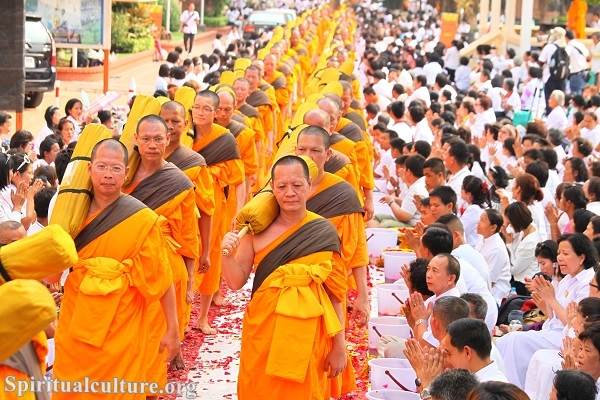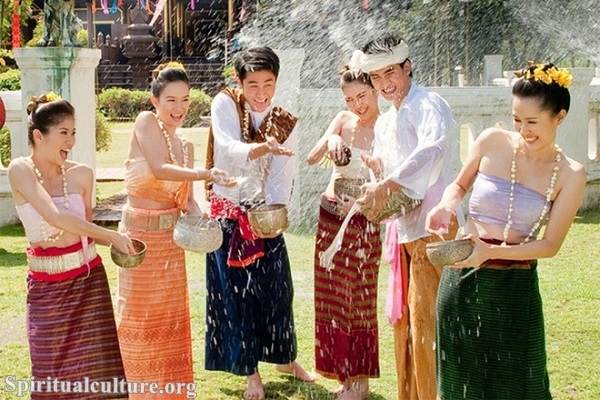At the heart of Southeast Asia, there lies a kingdom known for its vibrant culture, friendly people, and picturesque landscapes – Thailand. The culture of Thailand is a rich tapestry woven with centuries of history, spirituality, and diverse ethnic influences. The Thai people are known for their warm hospitality, deep-rooted traditions, and a lifestyle that is a fascinating blend of the old and the new.
Thailand: A Cultural Overview
Thailand culture is a captivating blend of influences from China, Cambodia, Laos, Myanmar, and India. Despite these influences, it has retained its unique identity, making it a fascinating destination for cultural exploration. It is a melting pot of traditions, customs, and social norms that are deeply rooted in Buddhism, the country’s predominant religion.
Buddhism, Monarchy, and Thai Society
Buddhism plays a vital role in shaping the culture of Thailand. Approximately 95% of the population practices Theravada Buddhism, which influences their beliefs, rituals, and daily lifestyle. The religion promotes peace, tolerance, and respect, which are reflected in the Thai people’s conduct.

The Thai monarchy is another significant pillar of Thailand’s culture. The Royal family is deeply respected, and any criticism or negative comments about them are considered offensive and illegal.
The Thai society is primarily hierarchical, with elders being respected and revered. The ‘wai’ – a traditional form of greeting where the hands are clasped together in a prayer-like gesture – is not just a salutation but also a sign of respect, with the height of the raised hands indicating the level of respect for the other person.
Festivals and Celebrations
Thailand culture is also marked by colorful and vibrant festivals. The Thai New Year, known as Songkran, is celebrated with much fanfare, including water fights, parades, and religious ceremonies. Loy Krathong, another significant festival, sees people releasing decorated baskets into water bodies to pay respects to the water spirits.

Thai Cuisine
Thai cuisine is a significant part of the culture of Thailand. Known for its spicy flavors, Thai food combines the four fundamental tastes: sweet, salty, bitter, and sour. The most popular dishes include Pad Thai, Green Curry, and Tom Yum Goong. Street food is also a big part of Thailand culture, with roadside stalls and markets serving delicious and affordable food.
Art and Architecture
Thai art and architecture are heavily influenced by Buddhism and Indian culture. The temples or ‘wats’ are architectural marvels adorned with intricate carvings and gold leaf. Traditional Thai art primarily involves scenes from the Jataka tales and the Ramakien. Thai dance-drama, such as Khon and Likay, are also integral parts of the cultural landscape.

Language and Etiquette
The Thai language, with its unique script and tonal system, is the official language of Thailand. English is also widely spoken, especially in tourist areas.
Thai people are known for their politeness, and certain etiquettes are followed. For instance, the head is considered sacred, and touching someone’s head is frowned upon. Similarly, feet are considered the lowest part of the body, and pointing feet towards someone or a Buddha image is considered disrespectful.
In Conclusion
The culture of Thailand is a vibrant blend of ancient traditions and modern influences. It is a country where spirituality, art, and societal norms create a rich cultural tapestry that leaves a lasting impression on its visitors. From its grand temples and traditional dance forms to its spicy cuisine and warm hospitality, Thailand culture is truly a feast for the senses. So, whether you’re planning a visit or just want to learn more about this fascinating culture, Thailand has plenty to offer.



